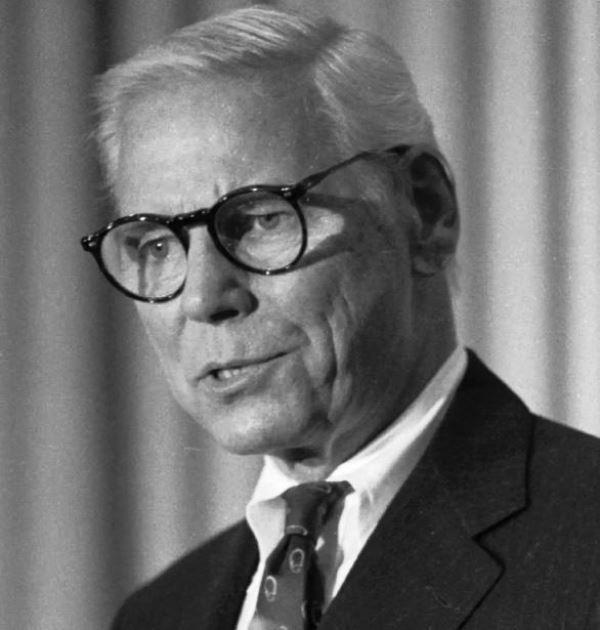| Warren Anderson was the Chairman and CEO of Union Carbide Corporation during the 1984 Bhopal Gas Tragedy. |
| He was held responsible for the incident and faced charges in Indian courts, but he remained a fugitive from India. |
| Anderson, born in Bay Ridge, New York, died on 29 September 2014 in Florida. |
| He was named after President Warren G. Harding and assisted his father as a child. |
| Anderson earned academic and sports scholarships to Colgate University where he studied chemistry. |
| After serving in the Navy, Anderson joined Union Carbide and rose through the company's ranks. |
| Anderson also held managerial roles in various divisions of the company. |
| He obtained a law degree while working for Union Carbide. |
| Before the Bhopal Tragedy, Union Carbide experienced financial challenges during his tenure as president. |
| Anderson's efficiency measures boosted sales but also marked the company's growing reputation as a polluter. |
| The Bhopal Gas Tragedy occurred on the night of 2–3 December 1984 at a Union Carbide facility. |
| Over 500,000 people were exposed to hazardous gas, resulting in numerous injuries and deaths. |
| An Indian journalist had warned about safety issues at the plant before the tragedy. |
| Anderson faced charges and was arrested in India but left the country. |
| Union Carbide paid a settlement to the Indian government in 1989. |
| Efforts to prosecute Anderson continued, with calls for extradition from the US. |
| Anderson spent his later years quietly living in various locations. |
| He passed away in 2014, with his death initially going unnoticed. |
| Anderson had a favorite Chinese proverb on his desk, emphasizing a leader who works in the background. |
